Are you looking for a lens compatible with your Canon EOS D60? Whether you’re a beginner, an expert, or making your living with your camera, if you want to enhance your photography skills, you must select the right lens. Lenses can change the mood, perspective, and composition of your images by altering the aperture, focal length, and distortion of your scenes.
If you’re into landscape photography, you should opt for a wide-angle lens, and if you shoot candid images, choose a fast prime lens for your Canon EOS D60. For architecture photography, an ultra-wide or a wide-angle lens can be a good choice, and for shooting portraits, a medium telephoto prime lens can be the best option. When shopping for a new lens, remember your photography genre and budget.
Whether you’re looking to take sports photos, close-ups, or interiors, we have curated a guide to the best lenses for your Canon EOS D60 to make your lens-buying decision a bit easier.
Best Lenses Compatible with the Canon EOS D60
Let’s take a look at the lenses that are compatible with your Canon EOS D60and will help you grow as a photographer.
1. Canon EF 14mm f/2,8 L II USM
Whether you want to capture the beauty of the breathtaking landscapes or the majesty of a flowing river without cropping the important details, Canon EF 14mm f/2,8 L II USM can be the ideal match for your Canon EOS D60. This wide-angle lens has a focal length of 14 mm and works well in low-lighting conditions.
So you can expect to click stunning images with this lens even in night landscapes and wedding receptions where the lighting is insufficient. It comes with a customizable control ring, resulting in top-notch image quality. But it is heavy and bulky, making it difficult to carry if you travel a lot.
2. Canon EF 24-105mm f/4 L IS USM
Are you looking for a high-performance standard zoom lens for Canon EOS D6 to click decent-quality images? Canon EF 24-105mm f/4 L IS USM is ideal for landscapes, sports, and portrait videography and photography. You can zoom out the lens to capture every interior detail at a wedding reception or a corporate function. From the expressions of the guests to the hairstyle and makeup of the bride, you can cover everything in detail with the help of this lens.
It helps deliver evenly illuminated, sharp images with breathtaking background blur. From mid-telephoto to wide-angle and everywhere in between, you can count on this lens for clicking gorgeous photos.
3. Sigma 18-200mm f/3,5-6,3 DC OS
If you want a lens that you can take with you on holiday and capture all types of images ranging from landscapes to close shots of animals and your vacation photos, Sigma 18-200mm f/3,5-6,3 DC OS can be your best choice. It is compatible with Canon EOS D6 and saves you from the hassle of swapping lenses to click different types of photos.
It is also cheaper than other superzoom lenses, making it an ideal choice for those on the lookout for an all-purpose travel lens. Image quality is sharp and high-quality throughout the entire zoom range, and it’s also a good choice for general shooting and close-ups. It is also travel-friendly and compact. The only drawback is that the focus ring rotates during autofocus.
4. Canon EF 100mm f/2,8 L IS USM Macro
Facing difficulty in finding the ideal telephoto lens for your Canon EOS D6? Try Canon EF 100mm f/2,8 L IS USM Macro that produces great image quality and has a weather-sealed body. Whether you’re shooting a big game on safari or colorful birds in the park, with the help of this telephoto lens, you can give life to your images.
The built-in optical stabilizer gives sharper images by reducing the effect of the camera shake. The focus limiter can be a lifesaver for those who’re shooting rapid sporting action or fast animals. This versatile lens gives excellent results in handheld movie-making and portrait work.
So whether you want to capture the gestures of your subject or want to make short movies, this lens can cater to all your needs.
Conclusion
You’ll grow as a photographer by investing in high-quality lenses for your Canon EOS D60. But remember, all lenses won’t be the perfect fit for your Canon EOS D60 camera, and if you buy a low-quality lens, it will lead to distorted and poor-quality images. So, before buying a lens for your Canon EOS D60, consider the kind of photos you click, the lighting you work in, and your budget.
You can check out the lenses mentioned above that have been categorized, keeping in mind your photography genre and the kind of images you can produce with their help. You can even click a few images before buying any of these lenses so that you can be sure that they will suit your purpose well.
Also, consider their advantages and disadvantages to ensure that you make the right investment.
Frequently Asked Questions
What Should You Keep in Mind While Selecting the Lens for Your Canon EOS D60 Camera?
You should consider the kind of photos you click, the lighting you work in, your travel schedule, and your budget while selecting the lens for your Canon EOS D60 camera. Don’t buy expensive lenses, thinking they will give the best results. If you do photography as a hobby or you’re a beginner, you can even get good results from budget-friendly lenses.
What Types of Lenses are Best for a Canon EOS D60 Camera if You Travel a Lot?
Superzoom lenses like Sigma 18-200mm f/3,5-6,3 DC OS are the best for people who travel a lot because you can use them for general shooting as well as close-ups. This will save you from the hassle of carrying different lenses for different photography genres. They are easy to carry, and you can take them wherever you want without any hassle.

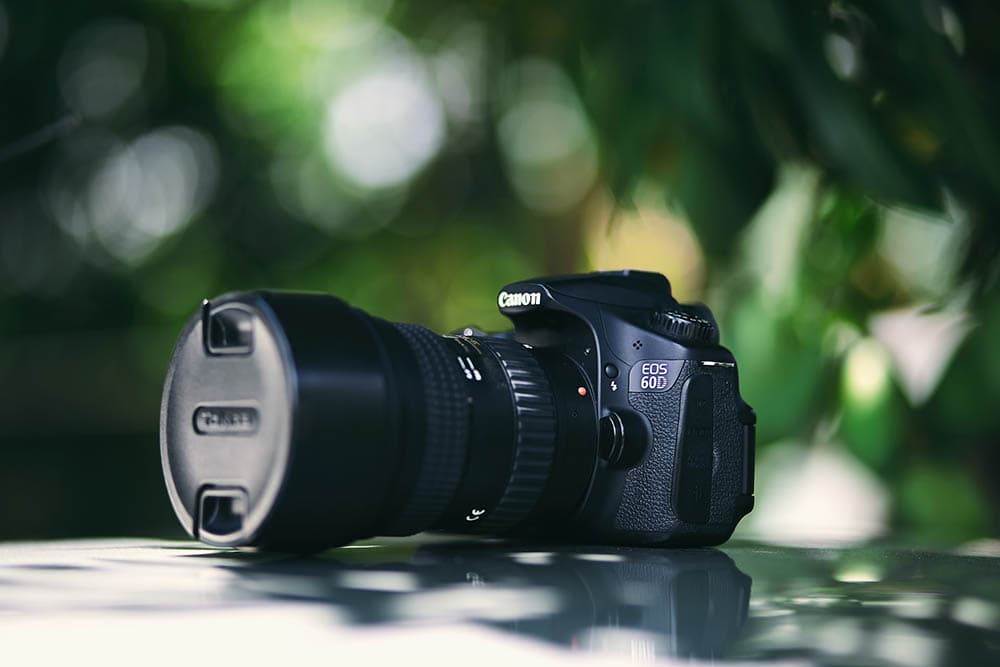
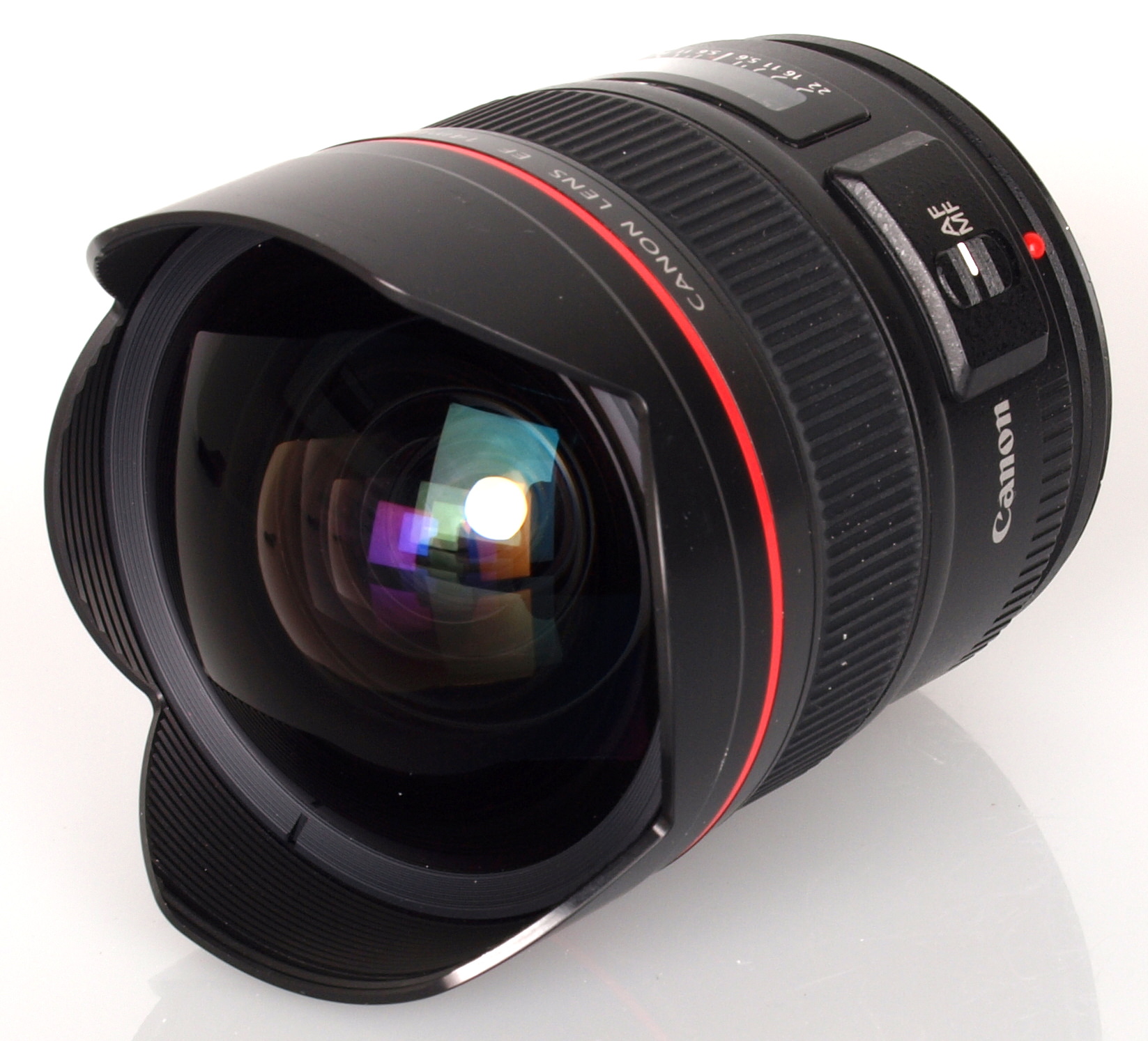
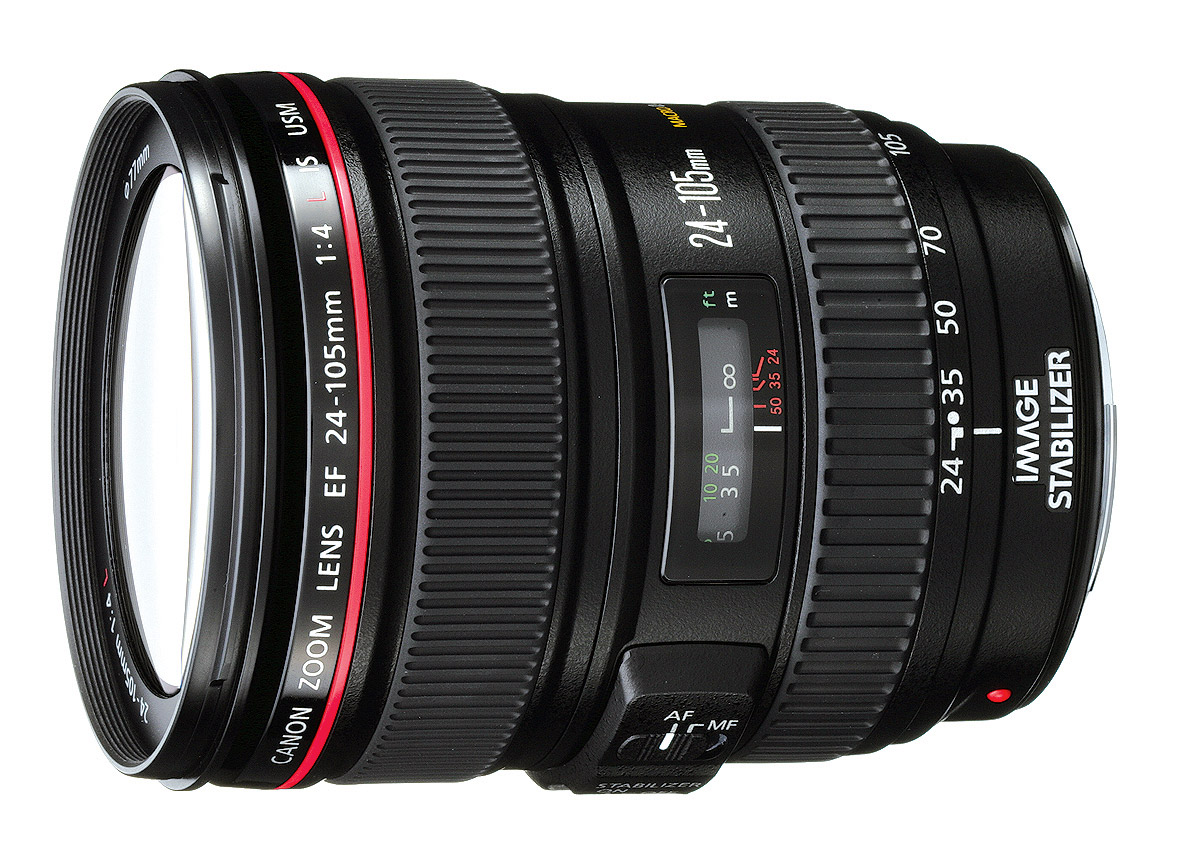
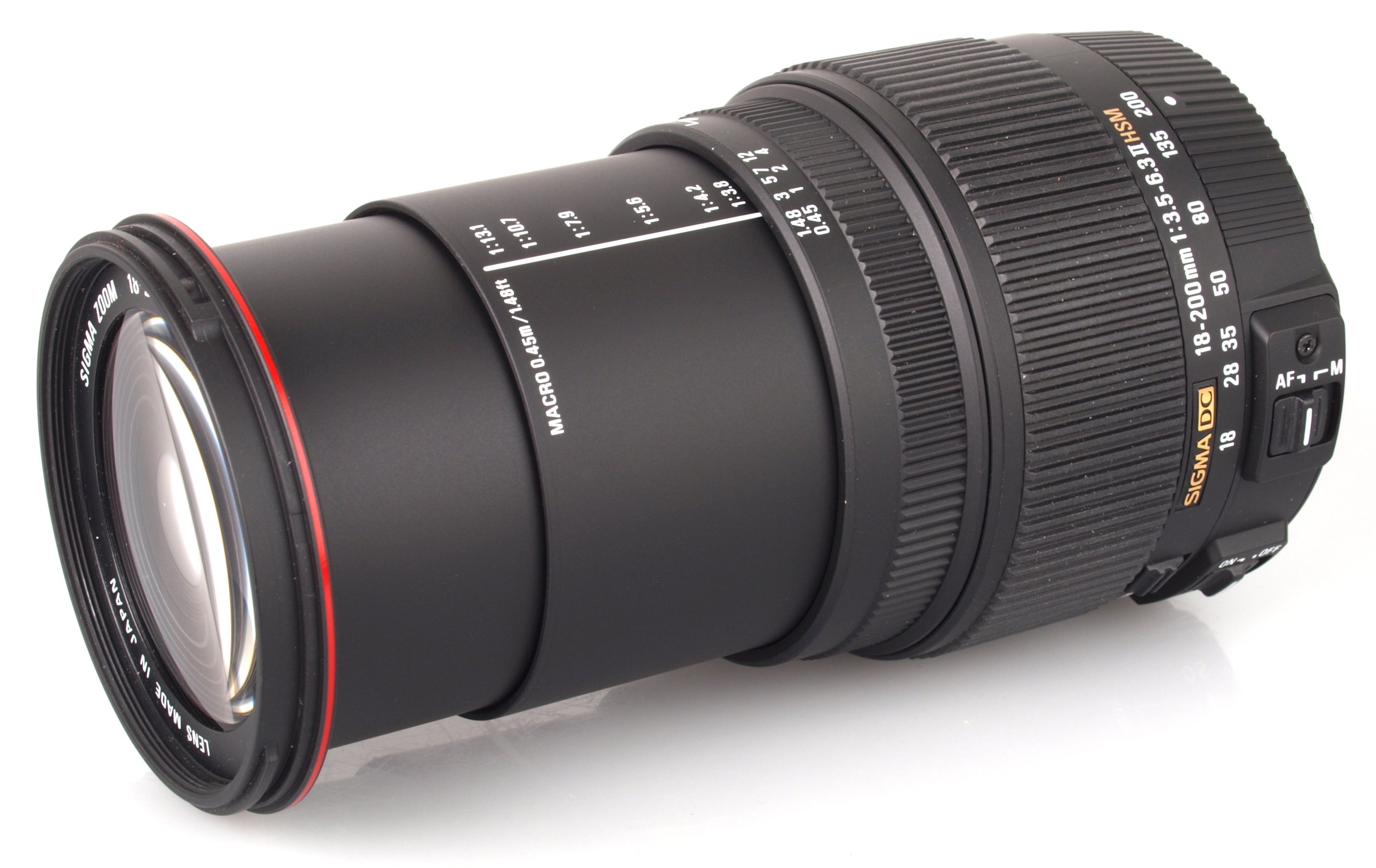
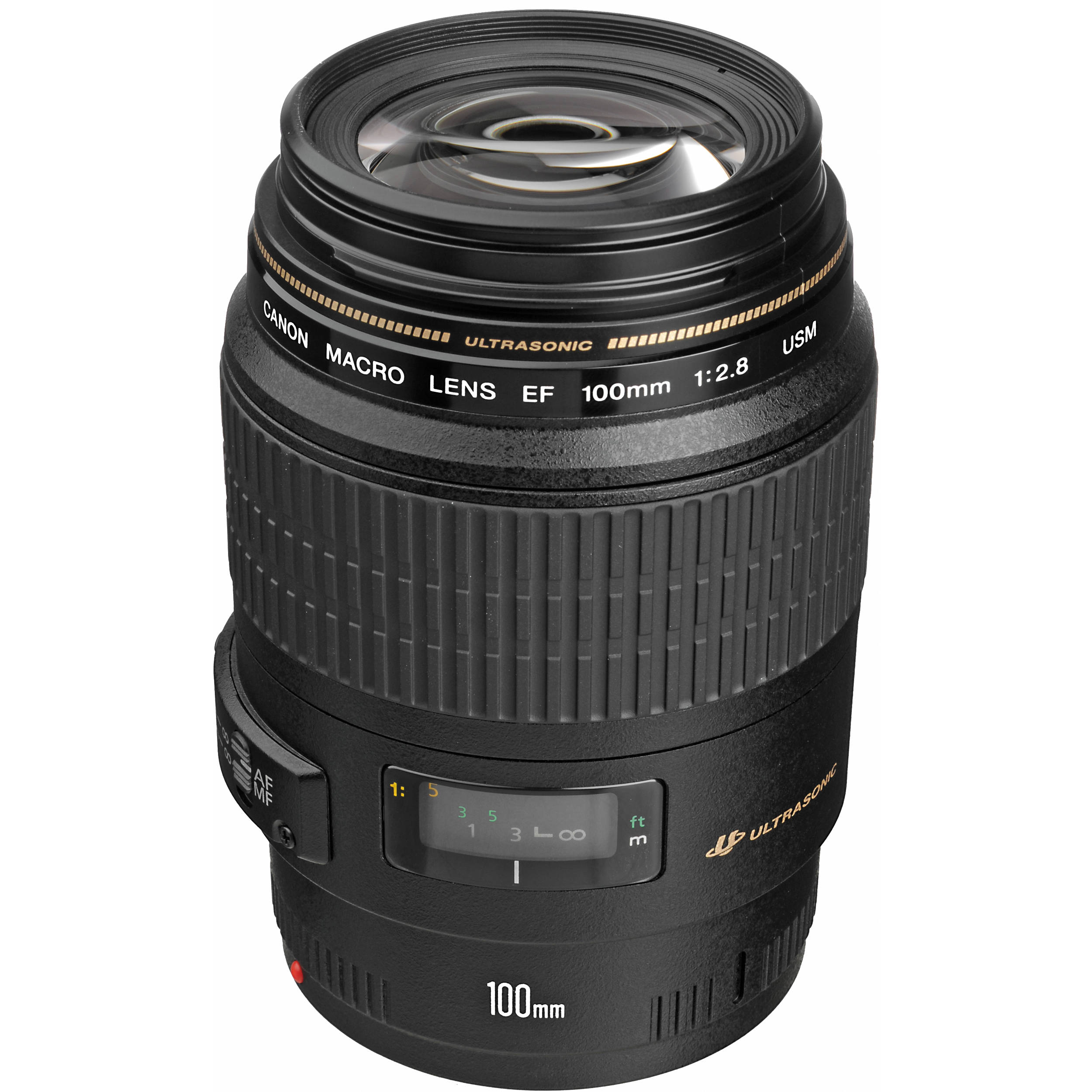
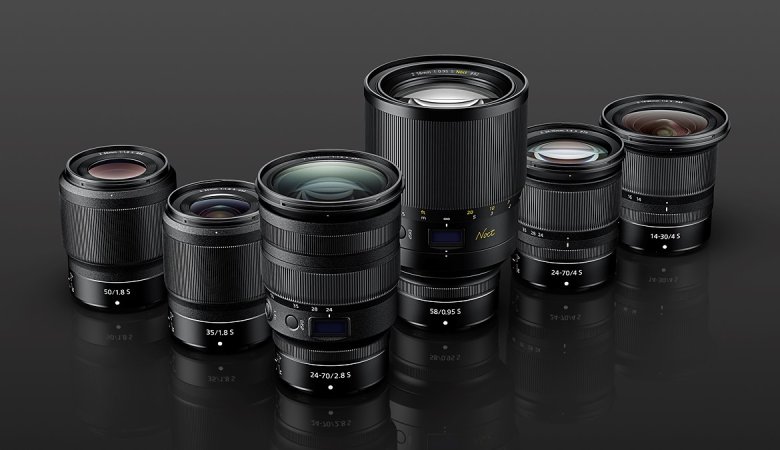
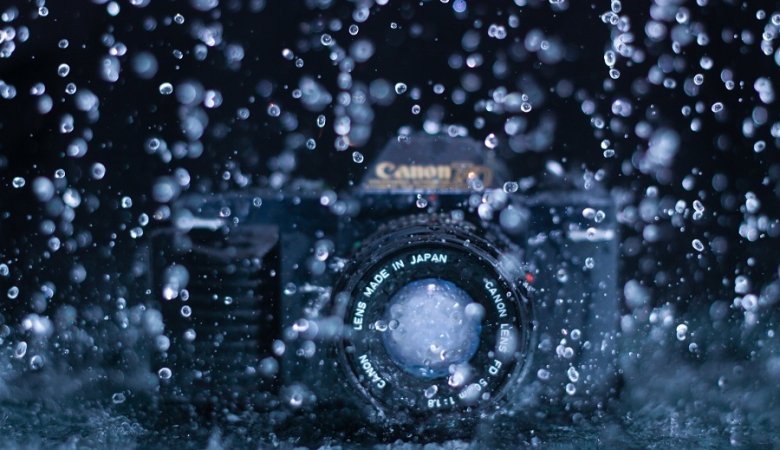
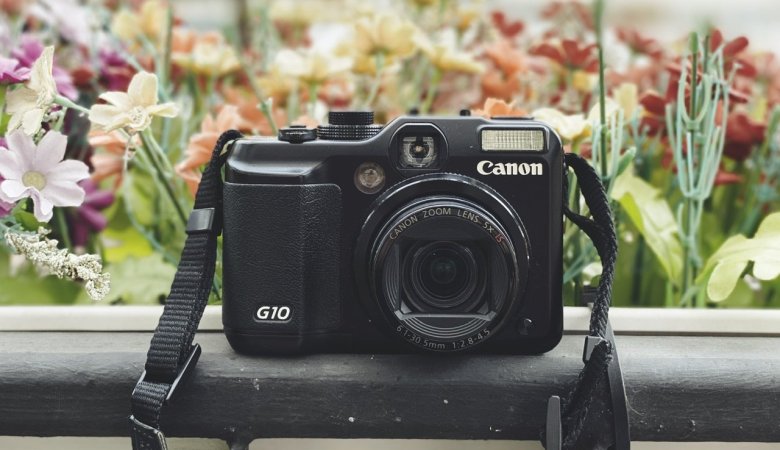
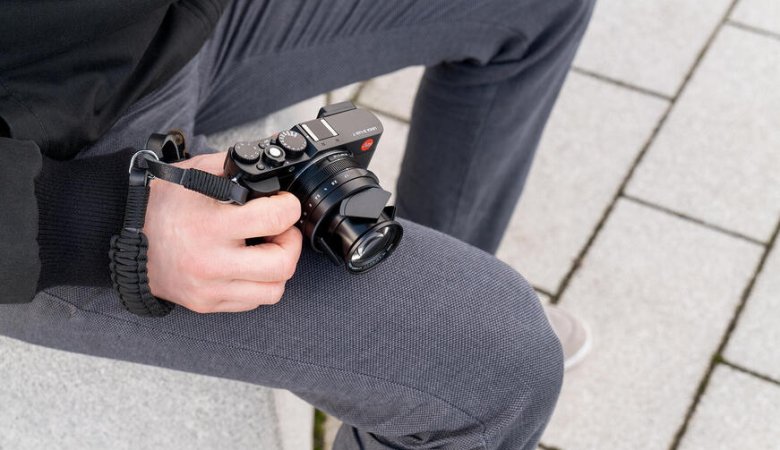
Leave a Reply